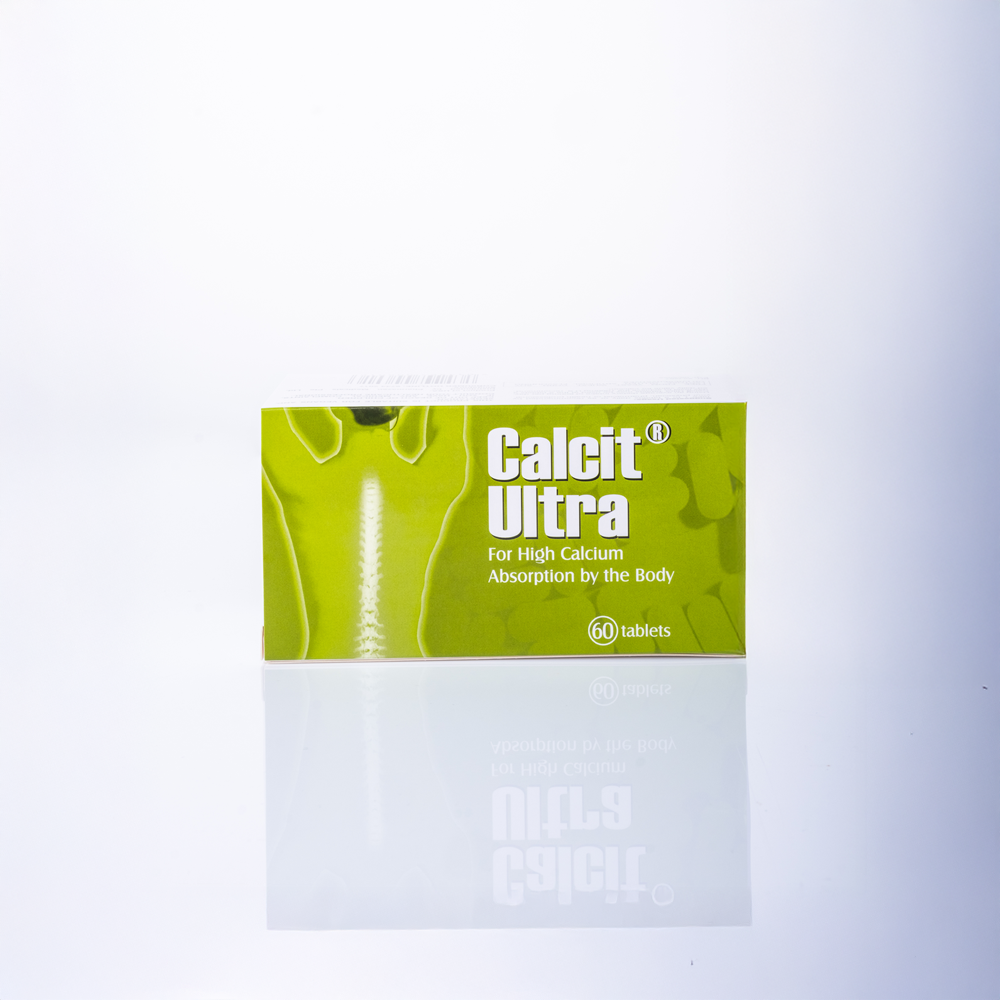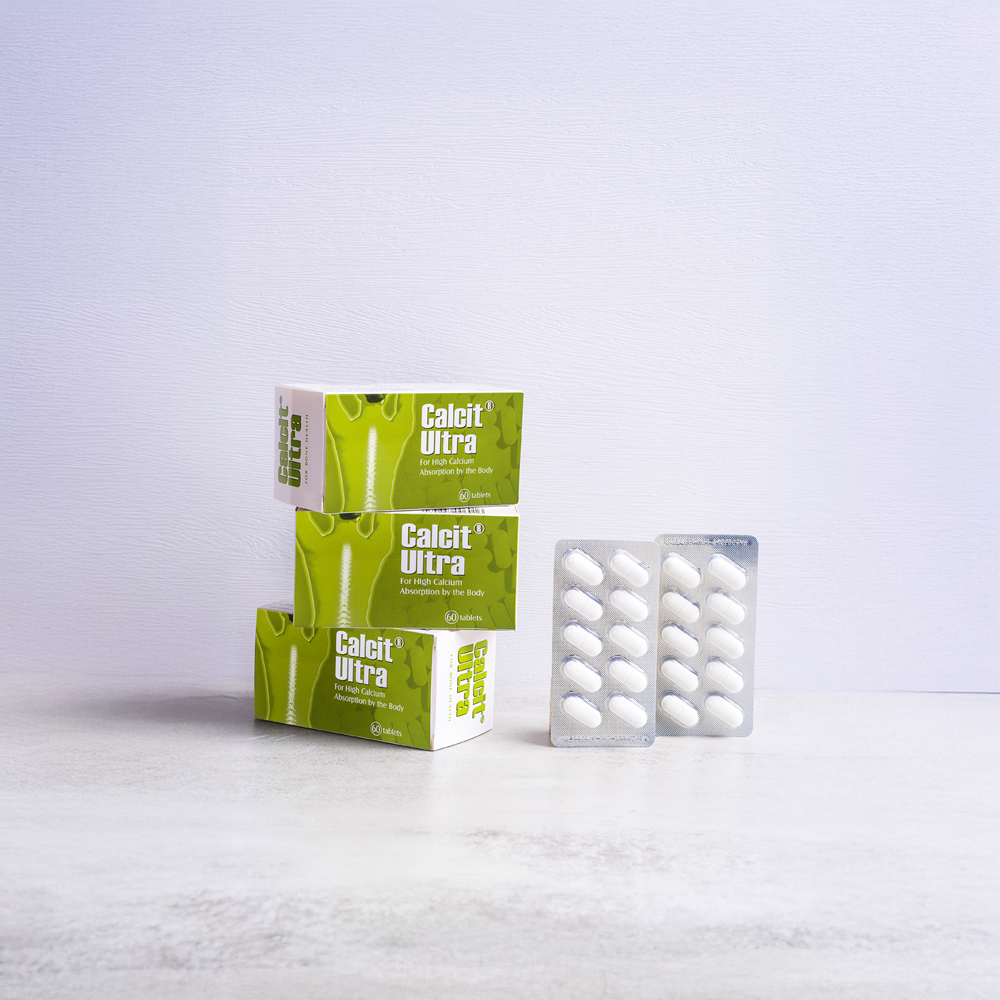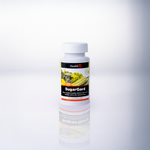
HealthRX SugarGard Cap 60s
Estimated delivery between October 30 and November 03.
Amount per serving (Serving Size: 1 veggie capsule)
Vitamin C 50mg, Vitamin E 10mg, Biotin 300mcg, Magnesium (as Oxide) 125mg, Zinc (as Oxide) 7.5mg, Manganese (as amino acid chelate) 1mg, Chromium 67mcg, Barnaba Leaf Extract 1 % Extract (Lagerstroemia speciosa) 25mg, Guggul 10% Extract 50mg, Bitter Melon 4:1 Extract 50mg, Liquorice Root Extract 50mg, Cinnamom Bark Powder 50mg, Gymnema Sylvestre Leaf Powder 50mg, Yarrow Flowers Powder 25mg, Cayenne Pepper Powder (40M HU/g) fruit 10mg, Juniper Berry Powder 25mg, White Mulberry Leaf Powder 25mg, Vanadium (as vanadyl sulfate) 200mcg, Alpha Lipoic Acid 30mg, L-Taurine 25mg
Suggested Use:
For adults, take 1 capsule 1 to 3 times daily, preferably with meals.
Halal Certified
There is an increasing emphasis on pre-diabetes that is a condition in which blood sugar levels are higher than normal but not high enough to be considered Type 2 diabetes. There are no clear symptoms for pre-diabetes. The good news is, studies have shown that with lifestyle changes, one can reverse pre-diabetes.
Lowering blood sugar naturally involves adopting lifestyle changes that can help improve insulin sensitivity, regulate glucose metabolism, and prevent spikes in blood sugar levels:
- Exercise - engage in regular physical activity, such as brisk walking, jogging, cycling, or strength training.
- Diet - focus on a balanced diet that includes a variety of nutrient-dense foods. Choose complex carbohydrates with a low glycemic index (GI), such as whole grains (brown rice, quinoa, oats), legumes (beans, lentils), and non-starchy vegetables (leafy greens, broccoli, cauliflower). Limit refined carbohydrates and sugary foods and beverages that can cause rapid spikes in blood sugar levels. Include healthy sources of protein (lean meats, poultry, fish, tofu, legumes) and healthy fats (avocado, nuts, seeds, olive oil) in your meals to help stabilise blood sugar levels.
- Fibre-Rich Foods - incorporate fibre-rich foods into your diet, such as fruits (berries, apples, oranges), vegetables (broccoli, carrots), whole grains, and legumes. Dietary fibre slows down the digestion and absorption of carbohydrates, resulting in more gradual rises in blood sugar levels after meals.
- Hydration - drink plenty of water throughout the day, as dehydration can affect blood sugar levels. Avoid sugary beverages and opt for water, herbal teas, or infused water instead.
- Stress - practice stress-reducing techniques such as deep breathing, meditation, yoga, or spending time in nature. Chronic stress can elevate cortisol levels, which may negatively impact blood sugar regulation.
- Sleep - prioritise getting sufficient quality sleep each night (7-9 hours for most adults), as a lack of sleep can disrupt hormone levels, including insulin.
If you are diabetic, it is also important to follow your doctor's advice and prescription of treatment.
KEY INGREDIENTS
Bitter Melon
As a rich source of antioxidants, flavonoids, and other polyphenol compounds, bitter melon (Momordica charantia) may help to reduce your risks for a number of health issues.
Bitter melon contains contains bioactive compounds called saponins and terpenoids that act like insulin to help reduce blood sugar levels. These compounds are responsible for the vegetable’s bitter taste, but may also play a role in lowering blood sugar levelsin people with diabetes. The saponins and terpenoids in bitter gourd may help move glucose from the blood to the cells while also helping your liver and muscles better process and store glucose.
Gymnema Sylvestre
Gymnema Sylvestre's key active compound is gymnemic acid.
When consumed before eating sugary foods or drinks, gymnemic acid blocks the sugar receptors on your taste buds. This can diminish the ability to taste sweetness, making sugary foods less appealing.
Gymnema seems to support healthy insulin levels by boosting insulin production and promoting the regeneration of insulin-secreting islet cells, both of which can help lower blood sugar levels.
Alpha Lipoic Acid
Alpha-lipoic acid is an antioxidant that is made naturally in the body and also found in foods. It is used to break down carbohydrates and to make energy.
Alpha-lipoic acid can be eaten in foods, such as red meat, carrots, beets, spinach, broccoli, and potatoes. It is also available in supplements. Because alpha-lipoic acid seems to work like an antioxidant, it might provide protection to the brain and also be helpful in certain liver diseases.
People most commonly use alpha-lipoic acid for obesity,nerve pain due to diabetes, and high levels of cholesterol or other fats in the blood.








